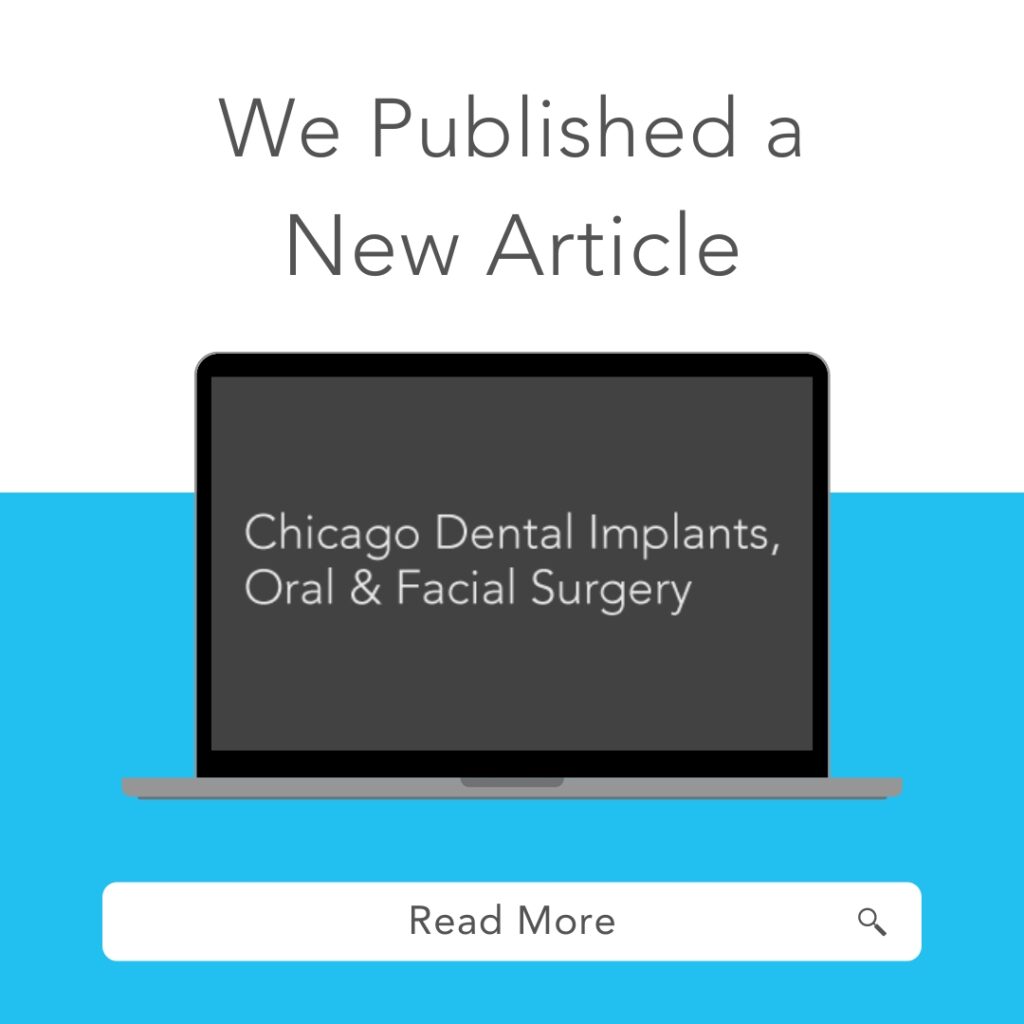
Unveiling the Transformative Potential of Periodontal Plastic Surgery by your Oral Surgeon in Orland Park
Understanding the Purpose
Are you longing to revitalize both the functionality and aesthetics of your teeth? Enter periodontal plastic surgery—a specialized approach designed to fortify tooth support and elevate visual appeal by addressing oral tissue concerns stemming from disease, injury, or aesthetic desires.
Reaping the Rewards
Opting for periodontal plastic surgery can yield a multitude of benefits, extending the longevity of your teeth while achieving the desired visual impact. Through gum reconstruction, you can attain not only a healthier but also a more aesthetically pleasing smile, elevating your confidence and overall sense of well-being.
Exploring Treatment Options: Periodontal plastic surgery offers a spectrum of customized interventions tailored to your unique needs:
- Lifestyle Adjustments: The foundation of periodontal health often lies in simple lifestyle tweaks, including bolstered oral care routines and cessation of smoking, aiming to stave off periodontal disease and the need for corrective surgical interventions.
- Deep Cleaning: Going beyond standard cleanings, this procedure involves meticulous removal of tartar and plaque above and below the gumline, crucial for thwarting advanced periodontal disease and its associated complications.
- Surgical Interventions: Whether rectifying a ‘gummy smile’, addressing uneven gums, or tackling advanced periodontal issues, surgical therapies can reshape the gum line to align with your aesthetic goals. From gum grafts to root coverage procedures, the aim is to shield vulnerable roots and mitigate gum recession, enhancing both oral health and visual appeal.
- Ridge Augmentation: Post-tooth loss or extraction, ridge augmentation surgery may be warranted to counteract jaw bone recession. By replenishing lost volume and restoring natural jaw contours, this procedure facilitates the placement of lifelike implants, fostering both functionality and aesthetics.
Embracing Renewal
Periodontal plastic surgery embodies a realm of advanced soft and hard tissue interventions, fostering attachment, normal function, and a captivating, natural-looking smile. By embracing this transformative path, you embark on a journey toward comprehensive oral restoration and newfound confidence.
Taking the Next Stride
To unlock the possibilities of periodontal plastic surgery and embark on your personalized journey, connect with our office today. Our dedicated team is committed to delivering tailored care and assisting you in realizing your oral health and aesthetic aspirations through bespoke treatment solutions.
Don’t Delay, Embrace Your Smile Today
Seize the opportunity to illuminate your smile and elevate your oral health journey. With our expertise and unwavering dedication to excellence, your dental needs are in adept hands. Contact us now to commence your odyssey toward optimal oral health and a radiant, confidence-inspiring smile.














